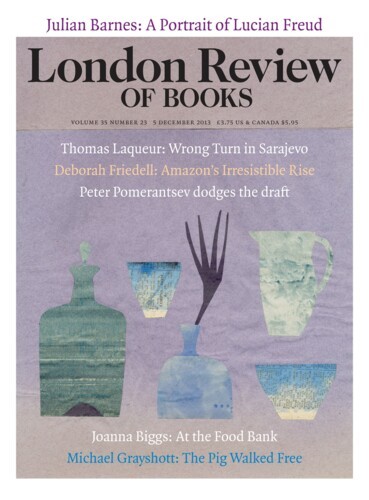For the wind passeth over it, and it is gone;
and the place thereof shall know it no more.
Psalm 103
Alone at home,
I’m working in the yard,
sun-warmed, a breeze off the coast,
the farmer from over the road
laying waste to his fields,
loam gone to dust in the heat; I can see it
gusting away.
He’s lived like this for years, friendless and hard
in the artery, heart silting up,
a cloud in his eyes
from the effort of grim calculation.
His horoscope is rain and subsidy
and little else.
I keep myself busy. The native
birdlife calls from the stones
and hedgerows, chiffchaff
and starlings, dunnock, the elegant
wren by the wall and the usual
flash mob of crows at the gate, all flutter and strut,
where something has died
in the wheels of a passing car
– Bless the Lord, O my soul, and forget not all
his benefits –
I remember my grandfather
reading his sun-paled
Psalter, his arthritic fingers
pitted with coal-dust and age, the first bloom of cancer
sweeter than new-mown hay
through the lingering smell
of whisky
and Oxydol
– As for man, his days are as grass;
as a flower of the field, so he
flourisheth – thistle
and mayweed, ground elder, Yorkshire Fog,
the sap on my hands drying fast
in the afternoon heat,
the thistledown drifting away
to another season
and part of me gone
in its wake, a wind-slender
kinship of sea and blood
and the kinship of earth
with everything that crawls beneath the stars
– For he knoweth our frame; he
remembereth that we are dust.
Half a mile down the hill, my neighbour is turning
his quad bike in circles, the panicked sheep bounding away,
the grass scorched and dead
in his tracks, the fences scabbed
with polypropylene
and muddled wool.
Soon he’ll have turbines up; soon he’ll buy out
my better neighbours, building, field by field,
his proud catastrophe
of tin and mud.
I loathe him, but it’s nothing personal;
he’s only one of many, motiveless
and carefully indifferent to all
he cannot buy or use, a friend
to no-one, and yet not enough in him
of worth or life
to qualify as foe.
The birds fall still. The sky begins to cloud.
Far in the distance,
a pleasure boat
stalls on the firth.
I put away my tools and go inside:
it’s silent for a moment, calm
and quiet, with a sense
of something interrupted, life
and conversation running in the land
in spite of us, who are no more to it
than chatter, or a species
of erosion.
Send Letters To:
The Editor
London Review of Books,
28 Little Russell Street
London, WC1A 2HN
letters@lrb.co.uk
Please include name, address, and a telephone number.

